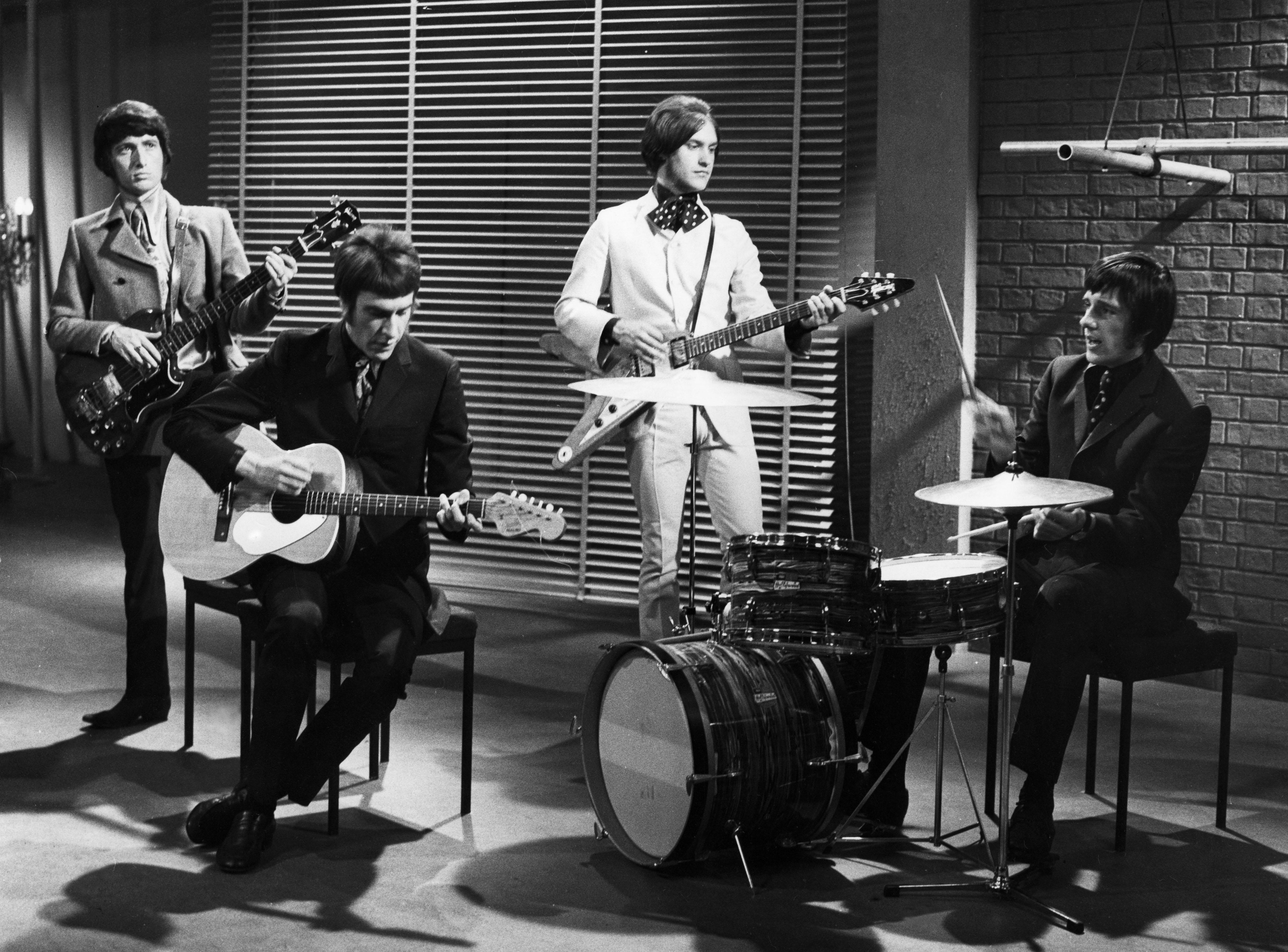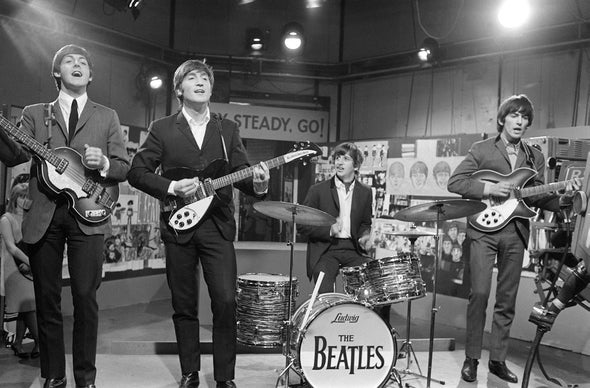Imagine there were no Beatles—or that there was no Beatlemania anyway and that the lads from Liverpool were just another band that never got a record deal or that split up before they hit it big. That is the premise Harvard University professor Cass R. Sunstein ponders in an entertaining and thought-provoking essay to be published in September in the first issue of the Journal of Beatles Studies. (A preliminary draft was posted online early this year.)
The fact that there could be an academic journal devoted just to John, Paul, George and Ringo is emblematic of how popular and influential the Beatles are. Many assume they were destined for greatness. “It was just a matter of time,” said John Lennon in a 1980 interview. But maybe not. Early on, record executives were unimpressed (“The boys won’t go,” they told manager Brian Epstein). And the group did almost split up. Its members were carried along their winding road by an unusually enthusiastic manager (Epstein), a risk-taking producer (George Martin), a big local fan base, and more. “They were, at the crucial time, better than excellent,” says Sunstein, who is a fan as well as a legal and policy scholar at Harvard Law School. Nevertheless, it is quite possible that “if seven or 17 things had gone differently, the Beatles wouldn’t have made it.”
Because history is only run once, Sunstein cannot prove the theory that the Beatles got by with a little help from their friends. But that is not really the point. He uses the entertaining example of Beatlemania to explore the effects of early social influence in other realms. A lot of success in business, politics, academia and most other professions owes much to early opportunities that enable subsequent success. “Serendipity is a little bit of a black box,” Sunstein says. “You have to unpack the ingredients.”

Duncan Watts, a computational social scientist at the University of Pennsylvania and author of the book Everything Is Obvious: *Once You Know the Answer, is a fan of Sunstein’s essay. “If you can accept the idea that the Beatles might be a product of luck and cumulative advantage, other things become conceivable,” Watts says. “It’s good to challenge people’s intuition about the inevitability of the things that we know about. There’s a lot of very talented people out there, and there’s some process that selects a very small number to be superfamous.””
That process, as sketched out by Sunstein, includes “informational cascades” (the statements and actions of some affect the statements and actions of others), “reputational cascades” (going along with the crowd to be liked), “network effects” (the value of a good increases as more people use it) and “group polarization” (groups make more extreme decisions than individuals do).
In one of the few experimental examples of such processes, Watts and his colleagues showed the power of early popularity. In a 2006 experiment, they presented more than 14,000 listeners with 48 unknown songs by unknown bands. In one condition, viewers independently decided which to download. In other conditions, they could see how many others had already downloaded each song. The best songs rarely did poorly, and the worst rarely did well. But otherwise the results varied widely, and “to a significant degree, everything turned on initial popularity,” Sunstein writes. A similar study replicated those results for political issues: a Republican issue could flip to become an issue for Democrats if they saw other Democrats cared about it, and vice versa.
Literary fame turns out to be equally fickle. Novelists and poets we now consider iconic, such as Jane Austen and John Keats, were not so highly regarded in their lifetime. Austen made a little money from her novels, but a similar author, Mary Brunton, was far more successful. Keats died young and mostly unheralded. Then Austen was propelled to enduring fame by a biography. And Brunton is now mostly forgotten. As for Keats, “somebody rolled out a really good edition with [Keats’s] letters, and his letters are so lovely,” says Heather Jackson, a retired professor of English at the University of Toronto, who studied lasting literary fame. “His fate fitted in with the myth of neglected genius.” It also helped that he wrote about things that made for pretty illustrations. Entry into the literary pantheon, Jackson says, requires meeting thresholds for quality and quantity, but after that, “adventitious circumstances take over.”
At a minimum, everyone needs a champion. Unfortunately, many talented people never find one, Sunstein says. He cites important work led by Harvard economist Raj Chetty that introduced the idea of “lost Einsteins,” an unknown number of people who could have been innovative geniuses but were born and raised in communities where innovation was not cultivated. For them, circumstance—being born to a lower-income or minority family, for instance, or attending underperforming schools—too often determines success or failure.
Accepting that fact might lead us to throw open the doors of opportunity more widely. It might also make us more optimistic about our own chances in life. “To think that, for each of us, the path to some kind of success or failure is going to turn on little things that maybe can be moved a bit once we’re alert to them, that’s fun and an opportunity,” Sunstein says. “Something like lightning might strike, which can bring a smile to the face on a tough morning.”


